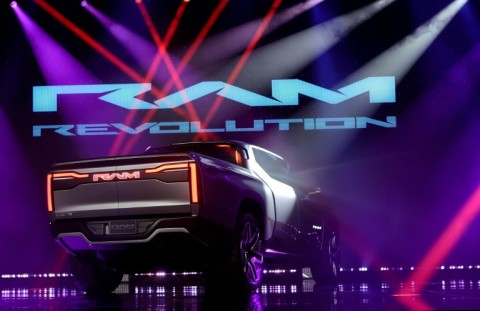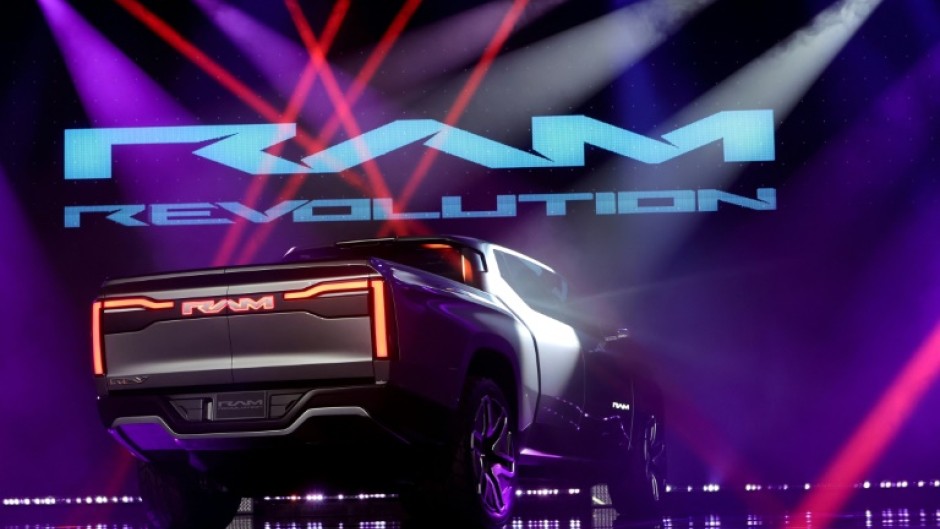
FRANCE - Stellantis, the world's fourth-largest automaker, said on Wednesday that an easing shortage of semiconductor supplies helped drive sales in the first quarter, as more vehicles could be delivered to buyers.
Some 1.47 million vehicles were sold across its 14 brands including Fiat, Chrysler, Peugeot and Citroen, lifting quarterly revenue 14 percent to 47.2 billion euros ($52 billion).
Chips, which have become crucial components for modern vehicles, became scarce as the Covid-19 pandemic shut down factories in China and elsewhere in Asia, causing shortages that are only recently being absorbed by supply chains.
Sales of Stallantis's electric vehicles jumped 22 percent year-on-year, and the group aims to have 47 all-electric models by the end of next year, double the number of 2022.
In North America, it is counting in particular on the new Ram 1500 REV pickup truck, touted as having an industry-busting range of 800 kilometres (500 miles) on a single charge. It is set to hit the market in 2025.
North America remained the company's largest market, with sales rising 10 percent to 22.8 billion euros, while Europe sales also climbed 10 percent to 16.1 billion euros.
The sales growth overall is "largely due to continued improvement in the fulfilment of supplies of semiconductor orders", chief financial officer Richard Palmer told journalists on a conference call, adding that price increases had also driven revenue.
The company maintained its target of a double-digit operating margin for the full year, and Palmer said "short-term pricing should be relatively stable", after recent moves by Tesla to cut prices of its popular electric vehicles fed speculation that rivals would follow suit.
The industry is hoping for a rebound after three years of dampened demand in the wake of Covid, which saw new vehicle registrations in Europe drop to their lowest level since 1993.

